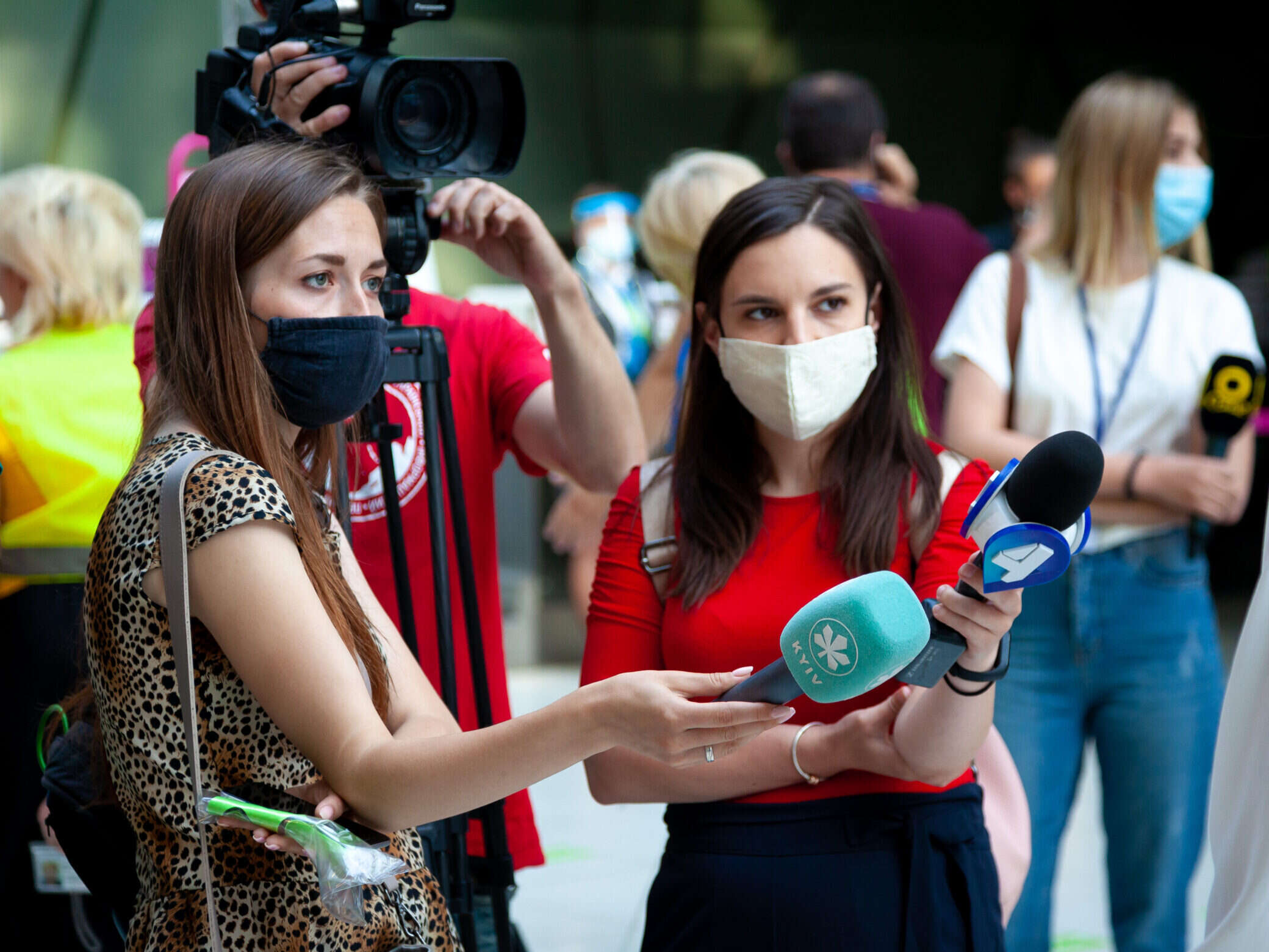
Mental health has eclipsed financial stability as the greater priority for younger and underrepresented journalists after the pandemic, a new survey has found.
The new research from Creative Access, a diversity and inclusion charity for the creative economy, also found that financial stability among younger journalists had severely declined during the pandemic.
The survey of 250 journalists, largely focused on younger journalists from backgrounds less commonly represented in the news media, found just 26% of those working in the sector described themselves as financially stable compared to more than twice that (55%) who said so in May 2020.
Going into 2022, 65% of respondents reported that improving their mental health was a priority in the coming year, compared to more financial incentives such as finding a permanent job (60%) or getting a pay rise (13%).
The questionnaire was first filed to the respondents in May 2020 and then again in December 2021 to see how the pandemic had shaped their attitudes to the industry.
At the beginning of the pandemic, respondents largely prioritised financial well-being over mental health with just over half of young reporters saying mental health was a priority compared to 62% focusing on the importance of finding permanent work.
The survey of Creative Access members carried a large number of younger journalists and those from less well-represented racial and economic backgrounds. Almost nine in ten (89%) of respondents were under 30, with over half of those surveyed aged between 21 and 25.
Of those surveyed, 51% identified as being from a Black, Asian or minority ethnic background while 30% identified as having a disability. About half (52%) lived in London, with the remainder outside the capital.
While the sample size of 250 respondents doesn’t give a picture of the entire industry, it does give a unique insight into the experiences of the demographics still struggling to be properly represented in the journalism industry.
Just 8% of the journalism industry’s 100,000 strong workforce is composed of non-white journalists, compared to 12% of the overall workforce. In 2016, that figure was higher – with 10% of the journalism workforce then estimated to come from non-white backgrounds.
[Read More: Survey finds growing UK journalism workforce of nearly 100,000 still lacks ethnic diversity]
The research also found that younger journalists were among those taking part in the so-called “great resignation”, with many using the pandemic to seek out new jobs. Since the end of lockdown 59% of those surveyed have applied for a new role and 24% have started in new jobs.
When asked about the impact of the pandemic on their livelihoods 40% of respondents said their ability to save money had been negatively impacted, while 26% said it had undercut their job security.
Commenting on the findings, Creative Access chief executive Josie Dobrin said: “Today’s research underlines how critical it is for organisations like ours to work with employer partners to ensure that people from underrepresented communities do not lose out on career access or progression as a result of the pandemic.”
The research comes on the tenth anniversary of Creative Access, which was founded in 2012 and has helped place more than 2,000 people into internships and given wider career support to tens of thousands of others.
Picture: Shutterstock
Email pged@pressgazette.co.uk to point out mistakes, provide story tips or send in a letter for publication on our "Letters Page" blog
